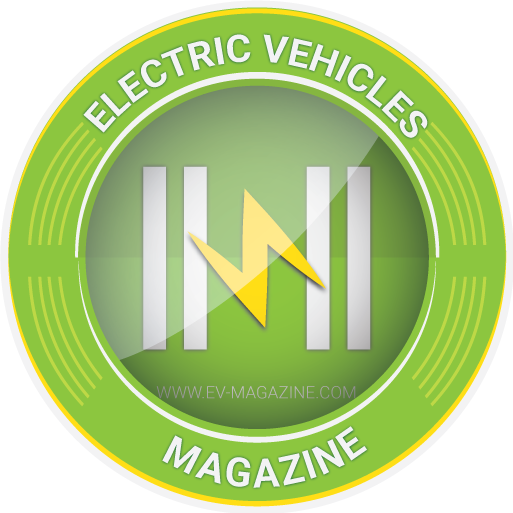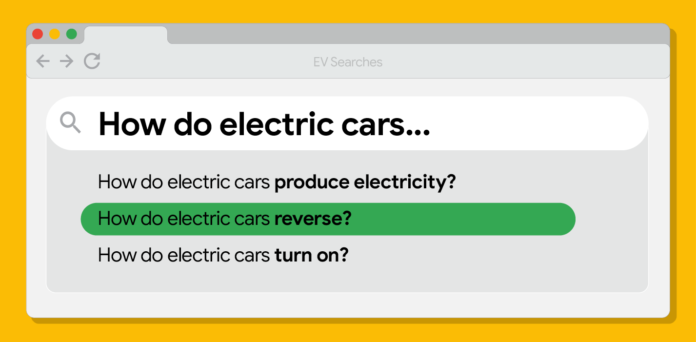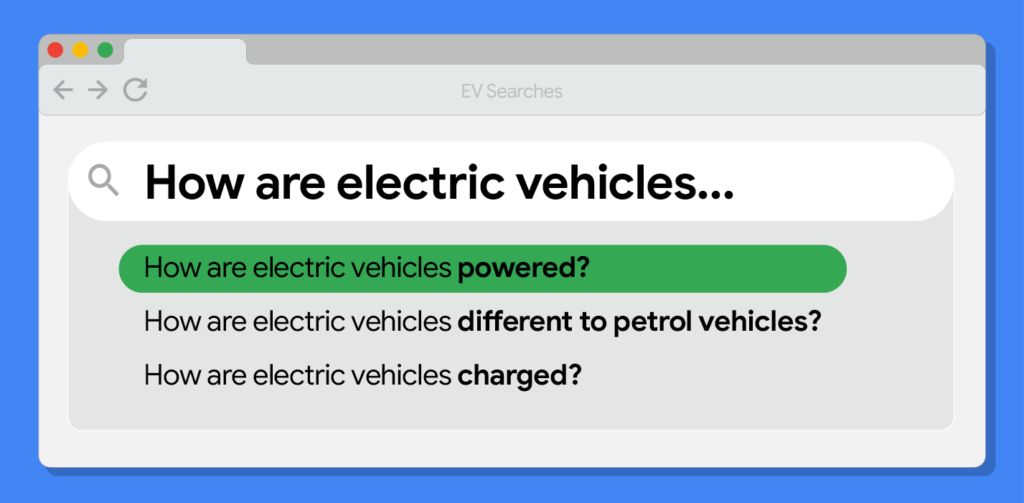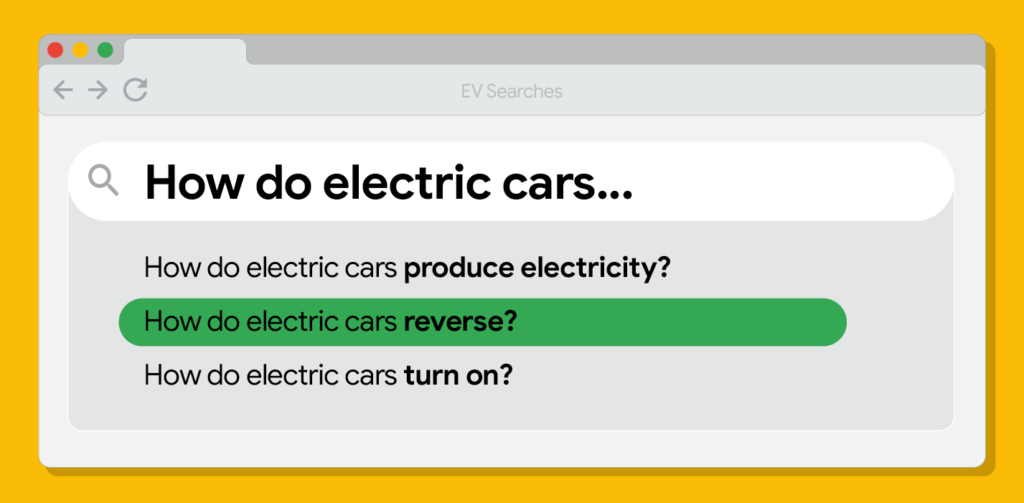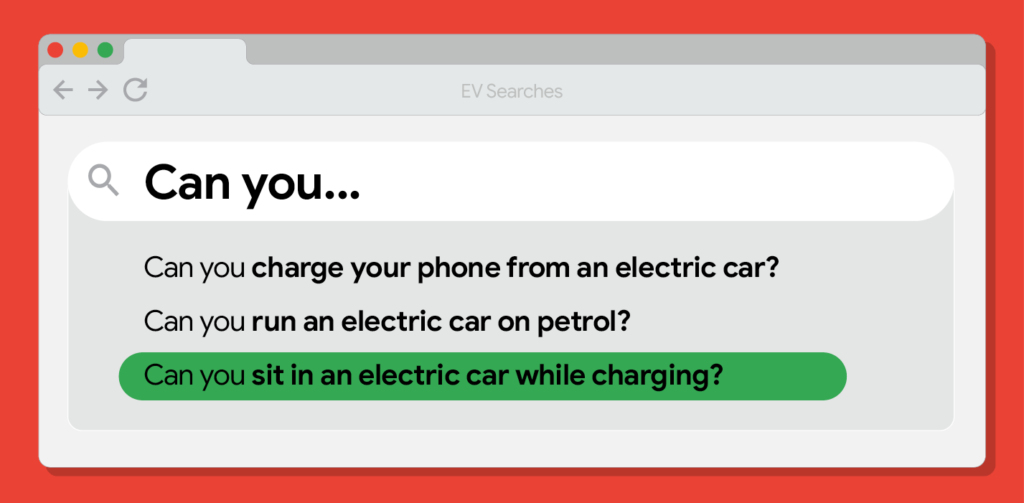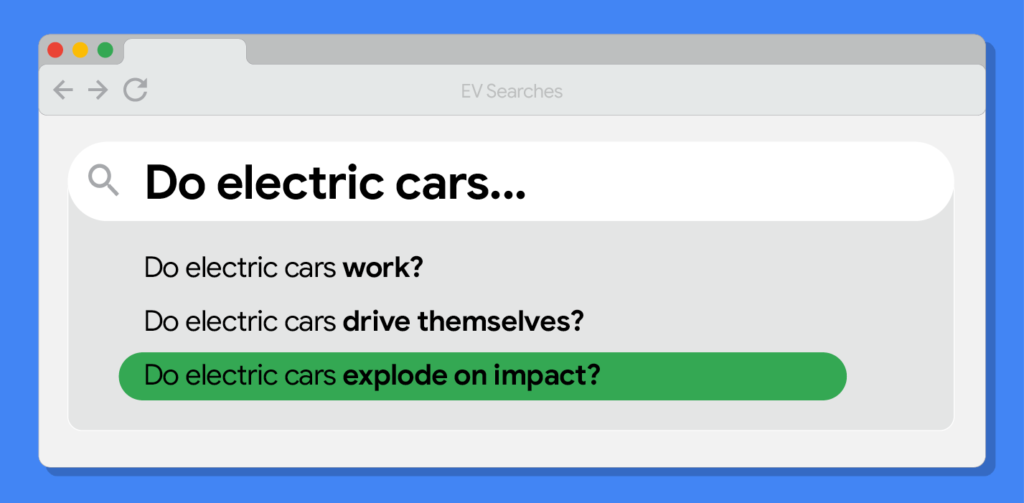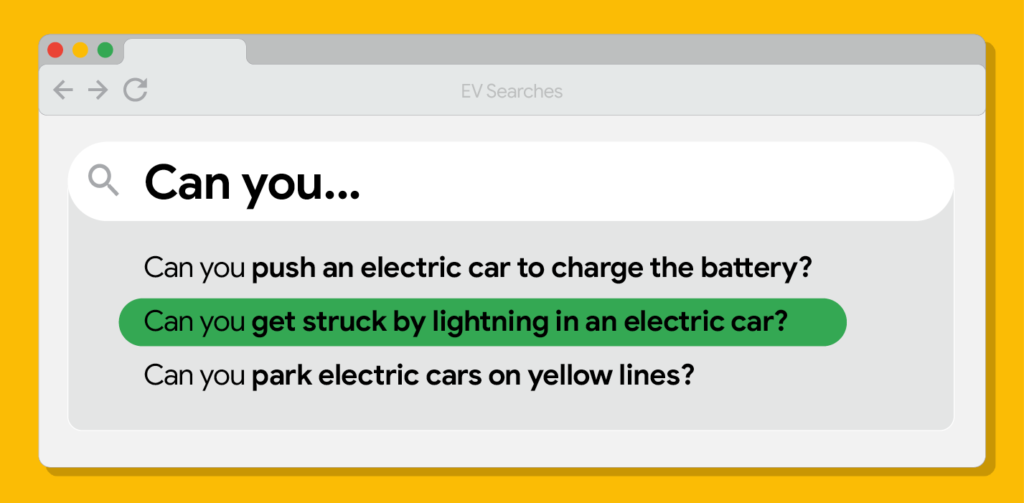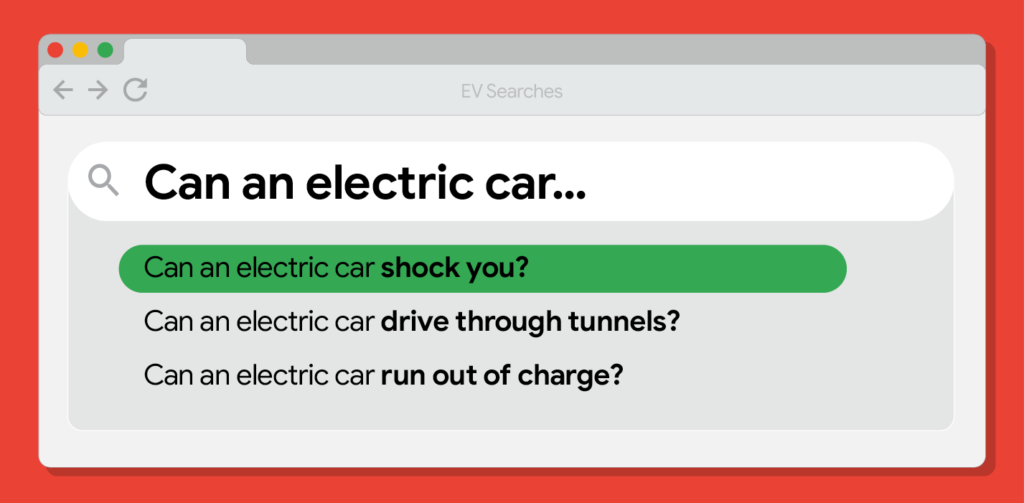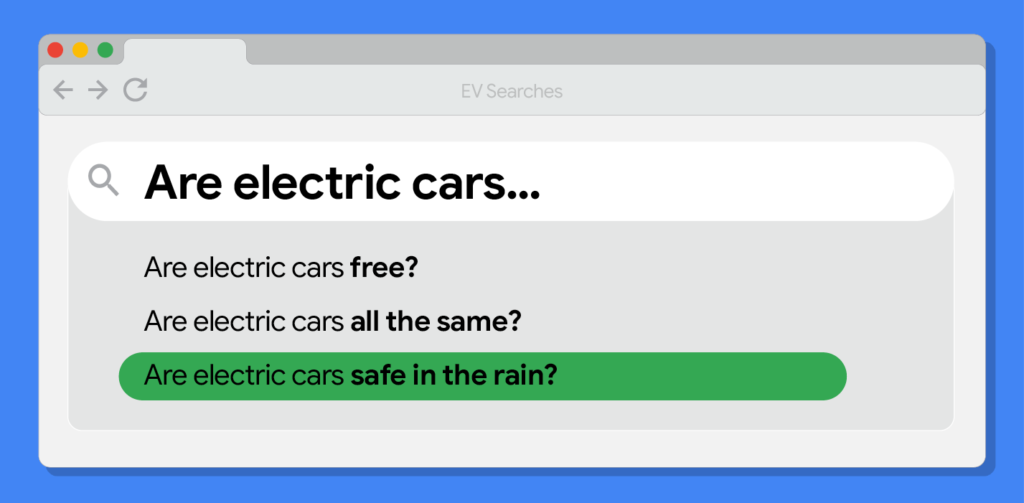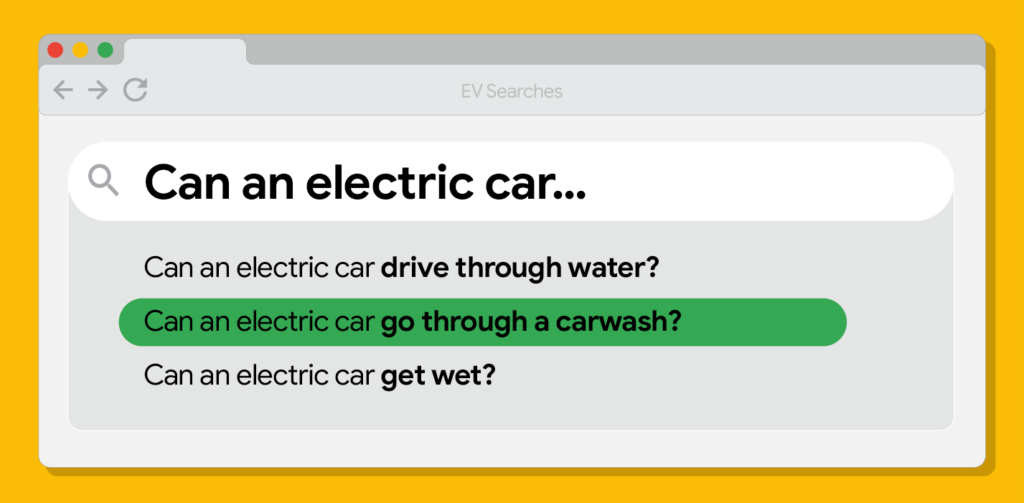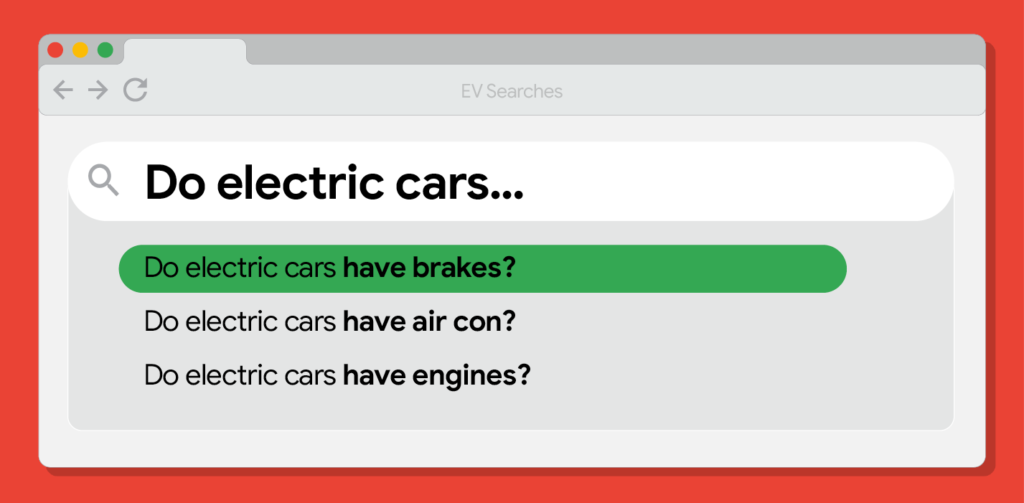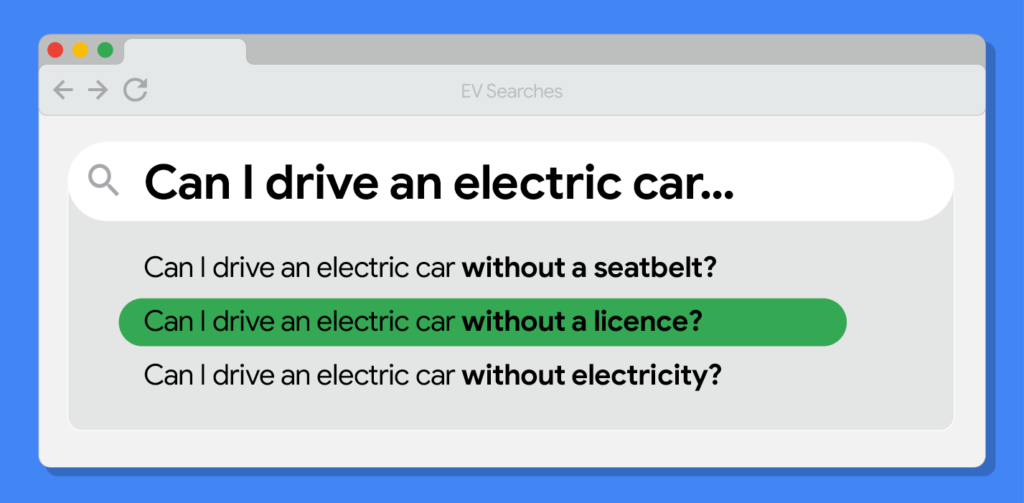Can you sit in an electric car while charging?
One in 14 people (7.2%) believe this EV myth to be true. From a safety perspective, just like sitting in your car while filling up with petrol or diesel, you can sit in an electric car while it charges. Electric cars are designed to safely transfer high voltage levels and a high current to the battery without the driver, or anyone else in the car, being in harm’s way.
From a practical perspective, an electric car will continue to charge whether you get in or out of your car at any point while it is charging. There are some models where unlocking/locking the car may interfere with the charge, resulting in a brief stoppage, but the charge will resume shortly afterwards.
Do electric cars explode on impact?
One in 15 people (6.5%) believe EV batteries can explode in a crash. However the answer to this is that it is incredibly unlikely that a crash will result in an explosion. According to research carried out by evfiresafe, 14 EV explosion incidents have occurred since 2010… from a global market of 10 million EVs in operation at the end of 2020, meaning that while an explosion is possible, it is very, very unlikely.
Can I drive an electric car without a licence?
One in 22 people (4.6%) believe you can drive an EV without a driving licence however the truth is no, you cannot drive an electric car without a licence. The reason for this is because, whilst the car is powered by electricity rather than petrol/diesel, pretty much everything else is the same. You are also still in control of the car, meaning you are a potential hazard to others on the road.
Can an electric car go through a car wash?
One in 26 people (3.9%) believe you cannot take an EV through a car wash. The electrical systems within an electric car are sealed to prevent and withstand water, so, for the one in 25 people that believe you cannot take an EV through a car wash, washing a car, whether that be at home or at an automatic car wash, is totally safe.
Did you know that EVs actually perform better than regular petrol and diesel-powered cars when it comes to water? This is thanks to not having the need for an air intake, where water can get in and damage the engine.
Can an electric car shock you?
One in 29 people (3.4%) believe EVs can give you an electric shock. Whether you’re the driver, a passenger or recharging, you will not be in any danger of an electric shock when in or around your electric car. The electrical components that make up your EV are fully protected. If there were to be a fault detected that could possibly put you in harm’s way, the car would immediately and automatically stop any flow of electricity to the battery.
Do electric cars have brakes?
According to Leasing Options’ survey, one in 36 people (2.8%) believe EVs do not have brakes. This is another EV myth. Yes, electric cars do have brakes, however, where the confusion may occur is that they work slightly differently from those found on petrol/diesel cars. EVs come with hydraulic brakes, just like any other car, but also have brake-by-wire technology, which electrically powers the brakes too.
An electric car needs standard hydraulic brakes as regenerative braking does not slow an EV very quickly. So, if a potential incident occurs, the electric brakes may not solely be able to stop your vehicle quick enough, which is where the hydraulic brakes come in.
Are electric cars safe in the rain?
Electric cars have been designed to work in a wide range of operating conditions, including wet-weather conditions, especial when living in the UK. It’s safe to use them as well as charge them when it’s raining, as EVs are purposefully engineered to withstand rain and water intrusion.
In a recent interview, Nissan’s North American senior manager for zero emissions technology development, Jonathon Ratliff, claimed that the electrical system of a Nissan LEAF was rated to be safe while it was submerged in water at 1 meter for 30 seconds, meaning that charging or running your EV in the rain should never be an issue.
Can you get struck by lightning in an electric car?
An electric car is just as safe as any other regular car when it comes to lightning. If you were to be hit by lightning, electric cars are designed to make the charge travel through the external body and then pass safely to the ground, protecting the driver and any passengers that may be in the car at the time.
How do electric cars reverse?
Electric cars function by using a motor instead of an engine, meaning there are no gears. In an electric car, when you want to go backwards instead of forwards, all that happens is the motor spins backwards instead of forwards, which in turn reverses the car instead of moving it forwards.
How are electric vehicles powered?
Electric vehicles are powered by electricity. They work by simply plugging them into a charge point, which can be found all over the country as well as at your home if you purchase one. The electricity comes from the national power grid and is then stored in your vehicle’s rechargeable batteries. These are then used to power an electric motor, which then turns the wheels.
